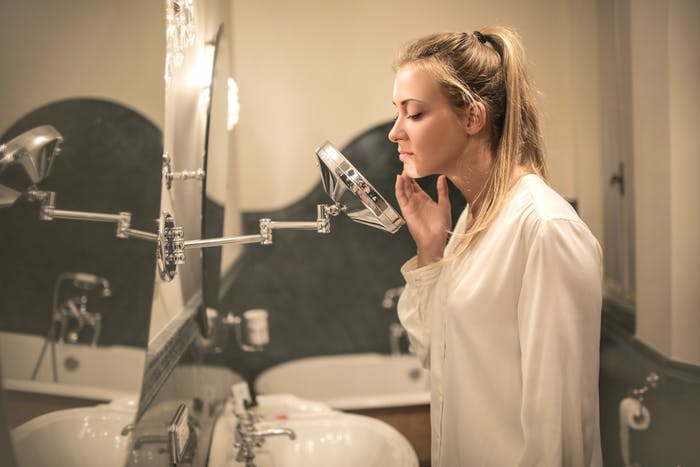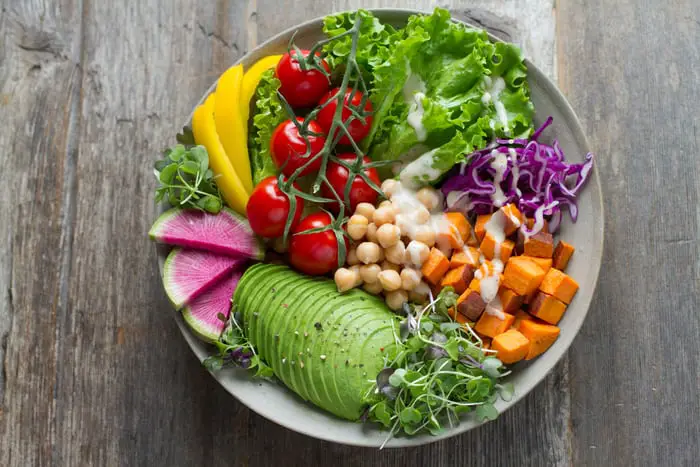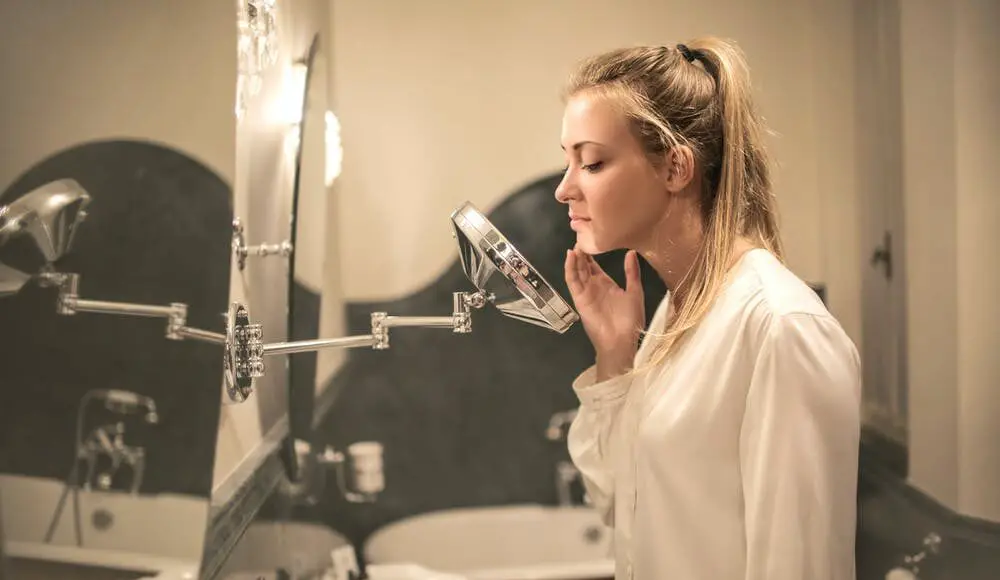4 Reasons Why You’re Finding It Hard to Get Rid of Acne
Have you tried every treatment, serum, or lotion out there to try getting rid of acne? Why isn’t anything helping?
If you are one of the people asking this question, you should be aware that 80% of the population has had some problem with acne, and 20% suffer from severe acne problems.
Acne is not only about how your skin looks, but it can also provide you with information on what needs to be improved in your body or point to some health conditions you have to take care of and get to the root of the problem.

If you are curious about acne causes, and the best way to treat them, please continue reading. Here are a few reasons why it’s hard to get rid of acne:
1. Wrong Skincare Routine
If your skin is prone to breakouts it usually means that you have oily or combination skin, and it’s advisable to use oil-free, or water-based products. But this isn’t always the case. There are many factors to consider.
You may not be realizing that you are making a number of mistakes that can make your acne worse. As many curology reviews state: You must be patient and do your research. If some part of your skincare routine is leading to a breakout you will be able to pin it down by getting to know your skin and your body. Every skin is different, just like every personality.
But here are some guidelines you can try following, and analyze what works best for you.
Don’t Use Harsh Products
Maybe you are not realizing that using abrasive products on acne-prone skin can do so much more damage. You must be very careful with exfoliating. You don’t want your skin to get more irritated. Try choosing chemical exfoliants rather than physical ones. Alpha hydroxy acids (AHA) may be a good choice. Be sure to moisturize, since exfoliants can dry your skin. Try using an oil-free moisturizer to prevent irritation.
Don’t Squeeze Your Pimples
Many people find it satisfying to pop the whiteheads, but the truth is that you will only be spreading the bacteria, or forcing the oil deeper into your skin. Not to mention the dirt and bacteria from your hands.
Pimples and acne are the body’s response to bacteria and clogged pores. When you pick them, you interfere with your body’s healing process and make it worse. You are also tearing the top of your skin, which can lead to getting scares.
Don’t Use Too Much or Too Little Acne Medication
There is a right and wrong way to use acne medication, like any skincare product. Try not to make a mistake by applying the medication to existing acne only. Your goal is to prevent new pimples from popping. Be careful not to apply too much of the product, because it can dry your skin and irritate it even more. Find a balance, by using anti-acne medicine once a day.
2. Not Eating the Right Food
Everybody is different, but studies show that some types of foods may cause acne, or make them more severe. Have you noticed that your skin reacts after you eat certain foods? If you have, try avoiding them, or cutting them off completely. That way you will know for certain which food or food combination leads to a breakout. Just pay attention and listen to your body.
If you are not sure where to start, here is a list of potential foods that can cause acne:
Dairy products
Refined grains and sugars
Fast food
Chocolate
Foods rich in omega-6 fats (like fish, walnuts..)
Whey protein powder
Fried food
Caffeine
What should you eat instead?
Probiotics
Mediterranean-style diet
Paleolithic-style diet
Green tea
Foods rich in Omega-3 fatty acids
Turmeric
Ginger
Vitamins A, D, E
Foods rich with zinc
A lot of green veggies
Avocados
Sweet potatoes

It’s not necessary to completely avoid the “bad foods” for the rest of your life. Rather try consuming it in balance. You can also consult your dietitian for a more individual approach.
3. Stress
If you are under chronic stress it can have a great impact on skin conditions, such as acne. Scientists believe that a hormone called cortisol is responsible. Cortisol is also called “stress hormone”. It affects your digestive system, immune system, neurological systems, and your mood.
But when you are under constant stress, cortisol starts working overtime causing many issues, including skin problems.
4. Hormones
Some experts claim that the main cause of acne is hormonal fluctuation.
Have you experienced more breakouts during your PMS or ovulation? That is completely normal. Increased levels of progesterone are related to acne because progesterone builds up the skin’s production of sebum. The same way goes for men – testosterone increases sebum. Hormonal acne affects both genders.
Hormonal acne is usually deep and painful. It appears mostly on the chin, neck, and back. It is sometimes referred to as cystic acne. Cysts are stubborn and difficult to treat because topical treatments are not enough. If you suffer from this type of acne, be sure to consult with your doctor. You will probably get prescribed some oral antibiotics, but laser therapy and blue-light therapy are also an option.
Here is when hormonal acne is most likely to appear:
During period
When you start or stop using birth control
During and after pregnancy
During menopause

We all know acne can lead to physical scarring, but the mental scars are much worse. You may feel insecure, self-conscious, or shy, and in the long run, acne can cause depressive feelings, stress, and not feeling comfortable in your own body. This is not a matter of vanity. Nowadays social media and beauty magazines are telling us that clear skin is necessary to feel beautiful, so we can easily end up with anxiety and low self-esteem. But please be kind to yourself! Acne is treatable, and anyway: “Know that you are more than your skin!” The acne positivity community is rising on Instagram and Pinterest, and you are not alone in this problem, for sure.
##
With love,
FWO


